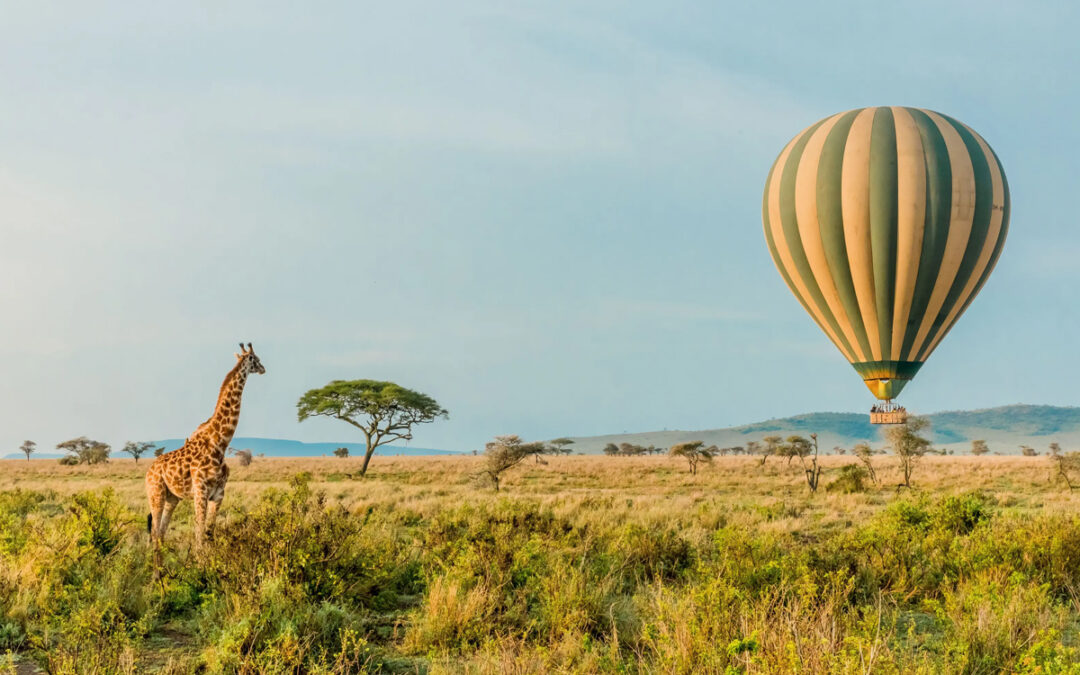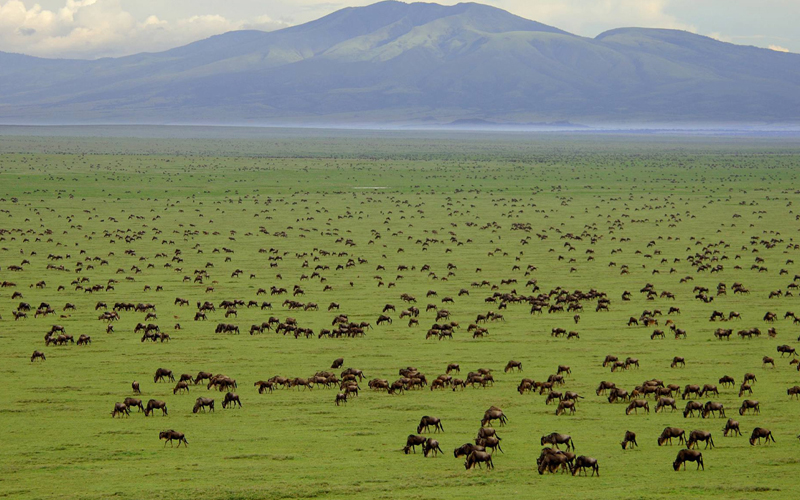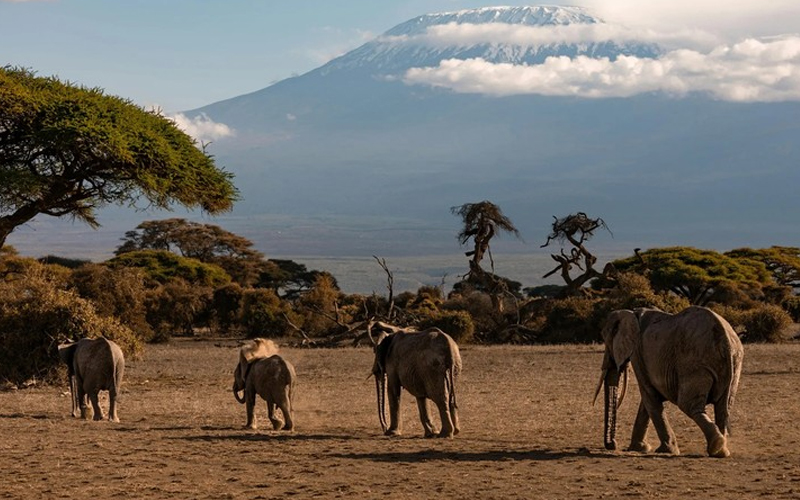Tanzania Africa Conservation Summit 2025 Tourism
Africa’s 2025 Conservation Summit is set to be a defining moment for environmental sustainability on the continent. With its vast national parks, rich biodiversity, and commitment to eco-tourism, Tanzania stands at the forefront of conservation efforts in Africa. But what role will Tanzania play in this pivotal summit? And how does conservation tie into its booming tourism industry? Let’s explore.
The Significance of Africa’s 2025 Conservation Summit
The 2025 Conservation Summit aims to bring together governments, conservationists, and tourism stakeholders to discuss strategies for preserving Africa’s wildlife. Key topics will include:
- Sustainable wildlife conservation
- Anti-poaching efforts
- Climate change mitigation
- The role of tourism in conservation
Tanzania, home to some of Africa’s most iconic wildlife destinations, is expected to take a leading role in these discussions.
Tanzania’s Conservation Leadership
Tanzania boasts over 38% of its landmass under conservation, making it one of the most dedicated countries to wildlife protection. The government has implemented numerous policies to safeguard its ecosystems, including:
- Strict anti-poaching laws
- Community-based conservation programs
- Investment in wildlife corridors to reduce human-wildlife conflict
Tanzania’s National Parks and Their Global Impact
- Serengeti National Park – This world-famous park hosts the Great Migration, a spectacular movement of over 1.5 million wildebeest.
- Ngorongoro Conservation Area – A UNESCO World Heritage Site, it provides sanctuary to endangered black rhinos and the Maasai community, who live in harmony with wildlife.
- Nyerere National Park (Selous Game Reserve) – One of Africa’s largest protected areas, home to elephants, lions, and a thriving wetland ecosystem.
The Link Between Conservation and Tourism in Tanzania
Tanzania’s tourism industry thrives on its wildlife. Sustainable tourism practices ensure that revenues from tourism contribute directly to conservation efforts. Some key eco-tourism strategies include:
- Low-impact safari lodges – Many lodges in Tanzania operate under eco-friendly principles, using solar power and recycling water.
- Community tourism projects – Programs like the Maasai cultural tours empower local communities while promoting conservation.
- Strict park regulations – Limiting vehicle numbers in parks helps prevent habitat destruction.
Challenges Tanzania Faces in Conservation
Despite its efforts, Tanzania still faces significant conservation challenges:
- Poaching – Illegal hunting remains a threat, especially for elephants and rhinos.
- Human-wildlife conflict – Expanding human settlements near wildlife areas increase conflicts.
- Climate change – Rising temperatures affect migration patterns and water availability.
Tanzania’s Commitment to the 2025 Conservation Summit
As a leader in conservation, Tanzania is expected to champion new initiatives at the summit. Policies to be discussed include:
- Strengthening anti-poaching measures
- Expanding wildlife corridors
- Enhancing community involvement in conservation
How Tanzania’s Tourism Industry Benefits from the Summit
The global exposure from the summit will:
- Attract more eco-conscious travelers
- Encourage sustainable tourism investments
- Strengthen Tanzania’s reputation as Africa’s top safari destination
Community-Based Conservation Efforts
Local communities play a crucial role in conservation. Successful projects include:
- The Enduimet Wildlife Management Area, where local Maasai communities manage conservation and benefit from tourism revenues.
- The Ruaha Carnivore Project helps reduce human-wildlife conflict.
Technology and Innovation in Conservation
Tanzania is integrating technology into its conservation efforts, including:
- Drones for monitoring poaching activity
- AI-powered surveillance cameras in national parks
- GPS tracking for endangered species
Tanzania’s Position as a Conservation Model for Africa
Tanzania’s successful conservation strategies serve as a model for other African nations. Countries can learn from:
- Its balance of conservation and tourism
- The involvement of local communities in wildlife protection
The Future of Conservation and Tourism in Tanzania
Looking ahead, Tanzania is expected to:
- Introduce more eco-tourism destinations
- Strengthen climate resilience in national parks
- Enhance public-private partnerships in conservation
Tanzania’s commitment to conservation is not just about protecting wildlife—it’s about securing its tourism industry and the livelihoods of its people. As Africa’s 2025 Conservation Summit approaches, Tanzania’s role will be crucial in shaping the future of conservation in Africa.
FAQs
1. Why is Tanzania considered a leader in conservation?
Tanzania has over 38% of its land protected, a strong government commitment, and successful community-led conservation programs.
2. How does tourism support conservation in Tanzania?
Tourism generates revenue for national parks and local communities, funding conservation efforts and anti-poaching programs.
3. What challenges does Tanzania face in wildlife conservation?
Poaching, human-wildlife conflict, and climate change are significant threats.
4. How will the 2025 Conservation Summit benefit Tanzania?
It will boost eco-tourism, attract investment, and strengthen conservation policies.
5. What are the best eco-friendly tourism activities in Tanzania?
Eco-lodges, cultural tours with local tribes, walking safaris, and conservation volunteer programs.
Explore Tanzania’s Peaks & Parks
- Kilimanjaro Climbing – Conquer Africa’s highest mountain.
- Kilimanjaro National Park – Home to breathtaking landscapes.
- Lake Manyara National Park – A paradise for wildlife lovers.
- Mountains in Tanzania – Adventure beyond Kilimanjaro.
Start your journey today!



